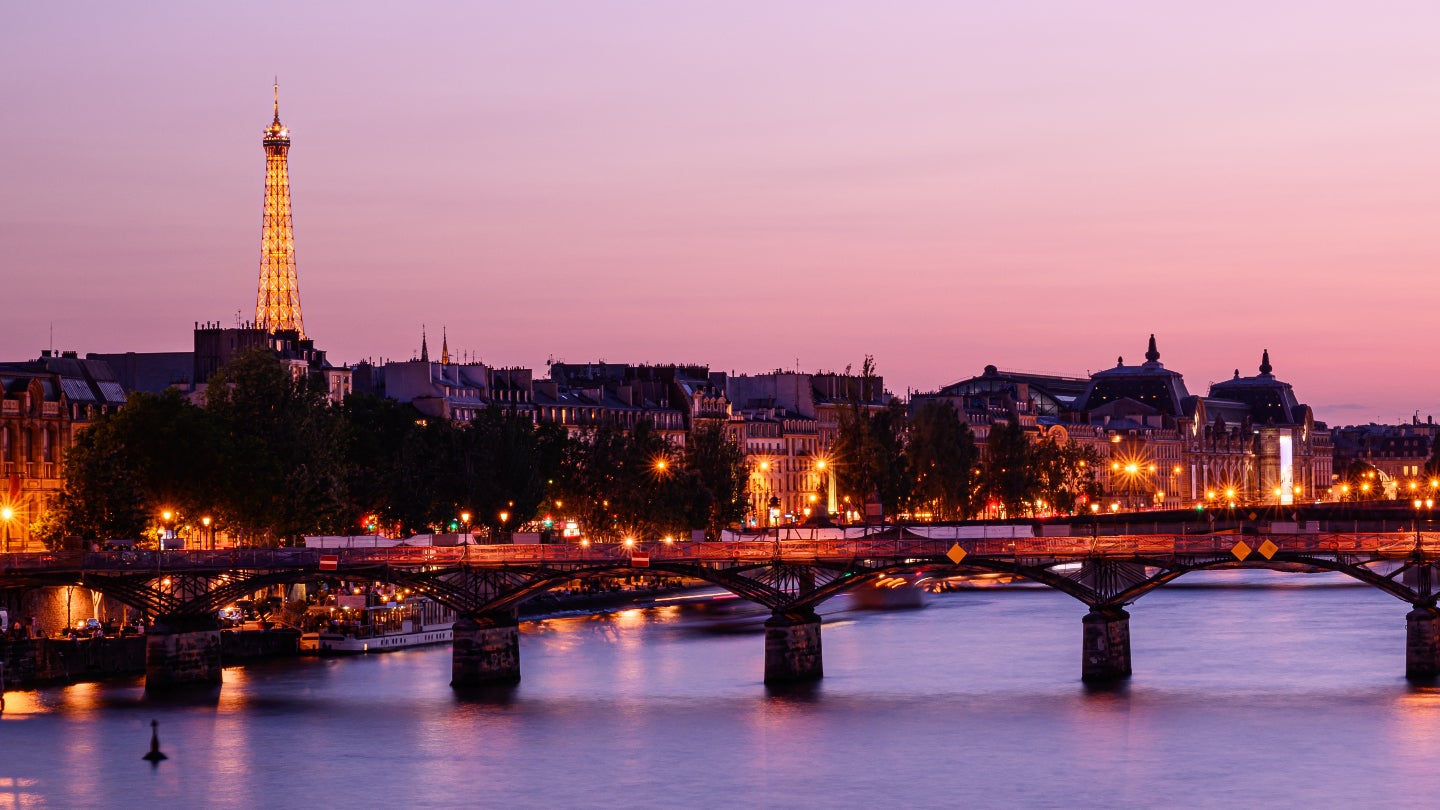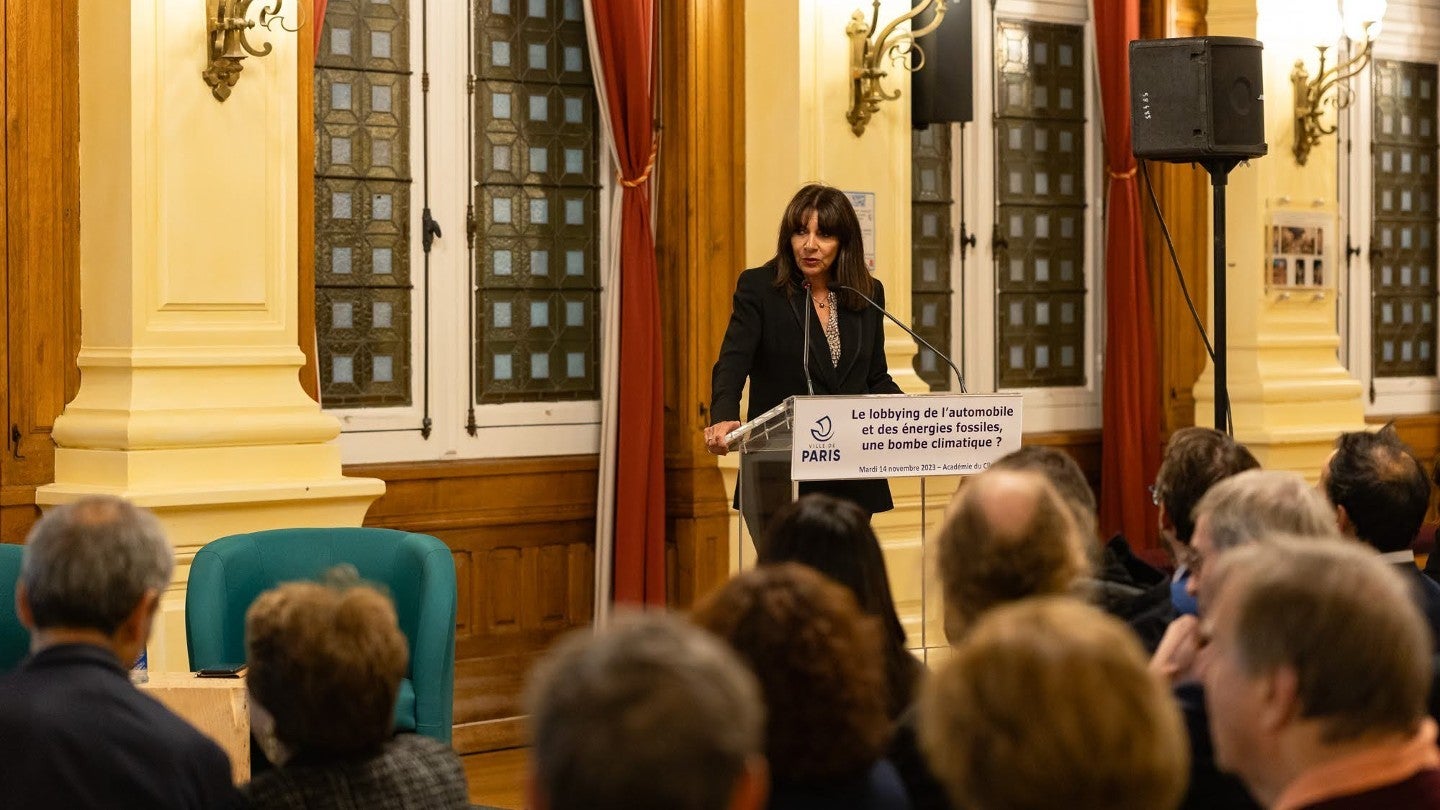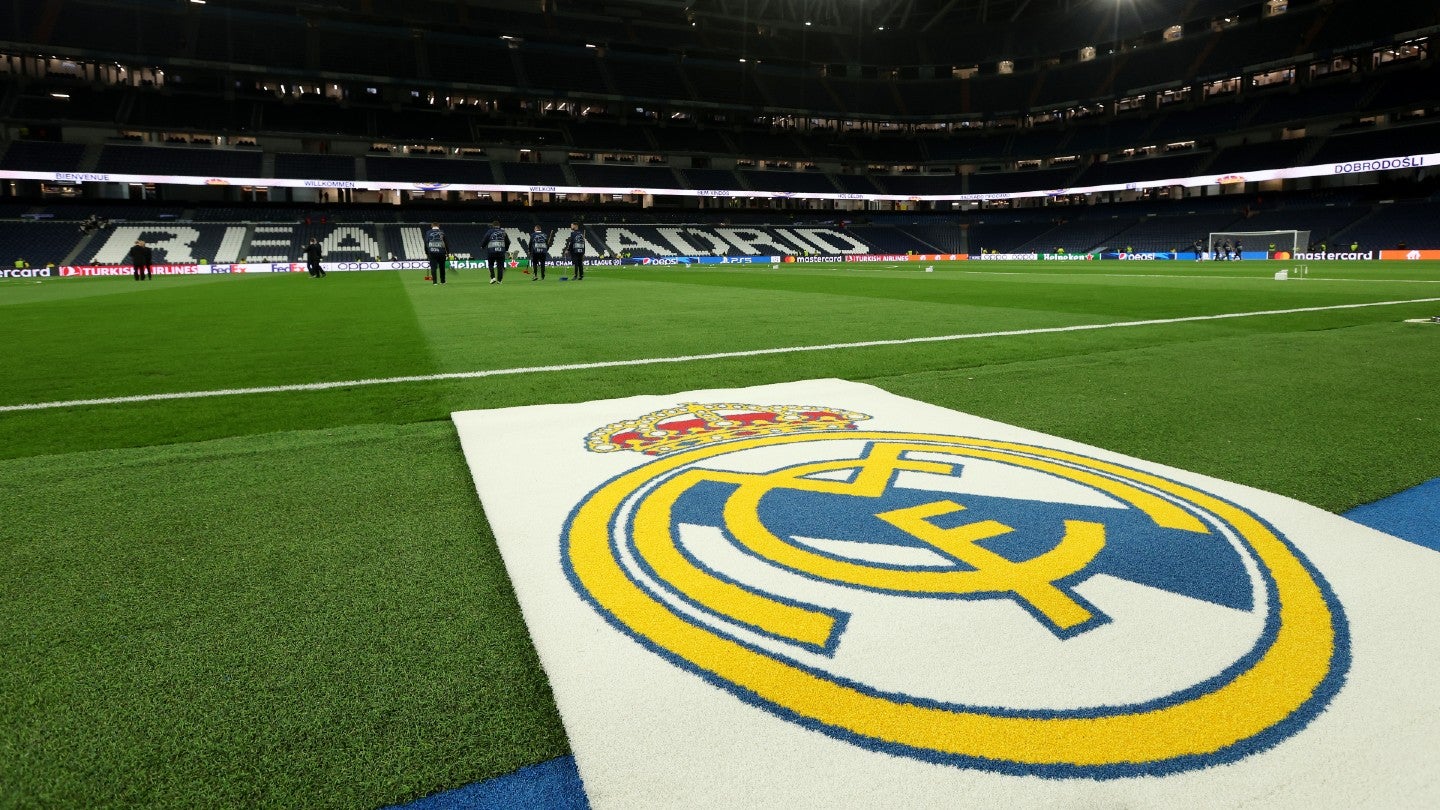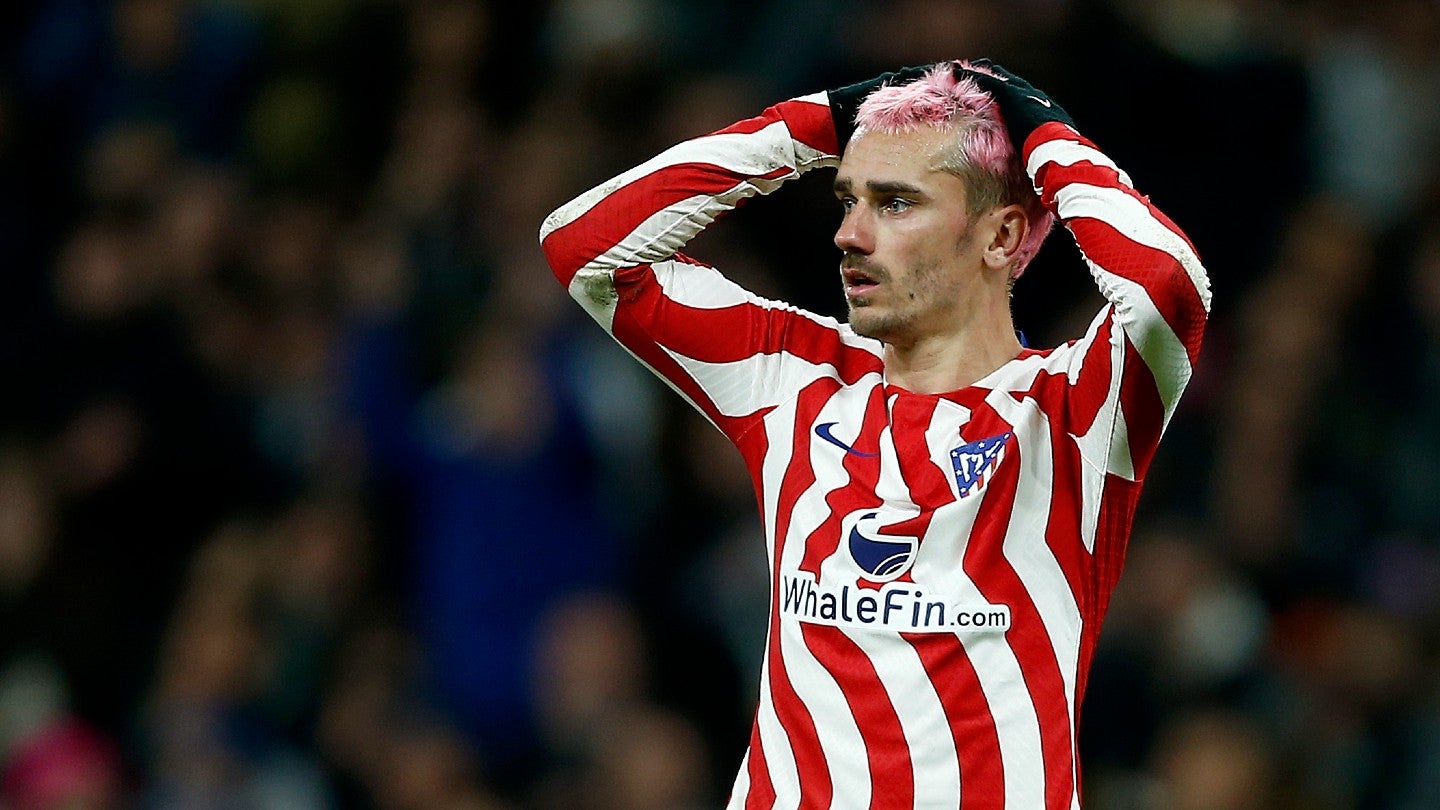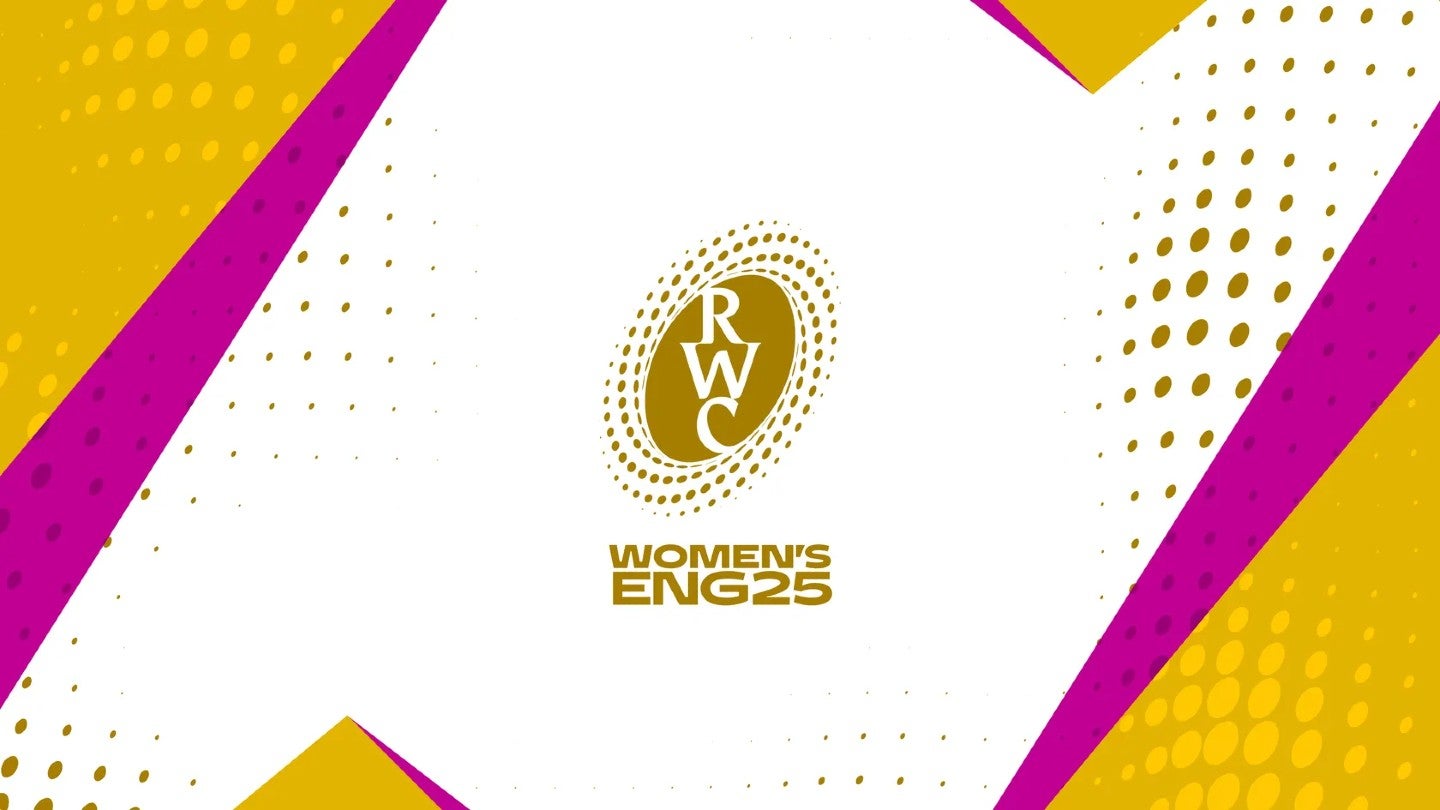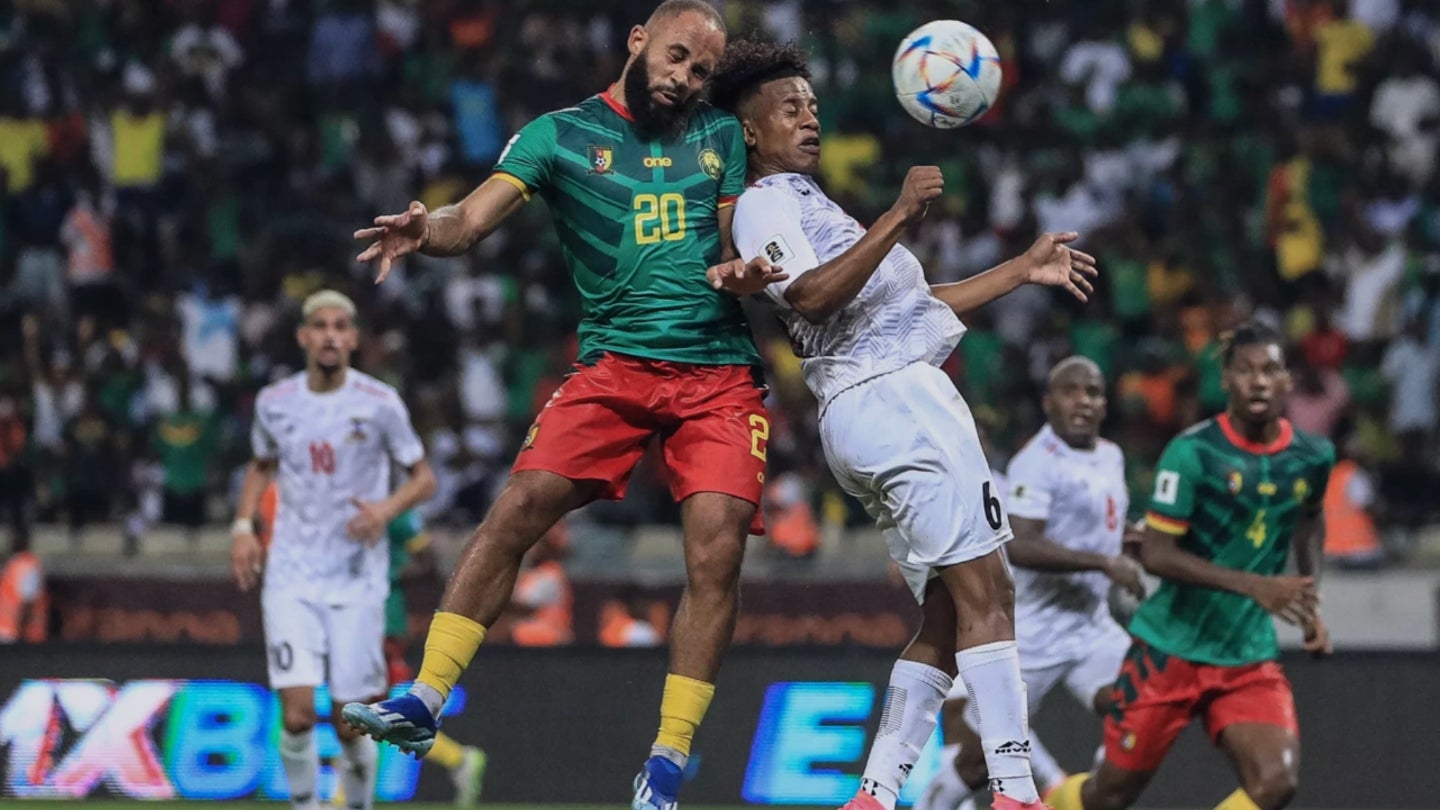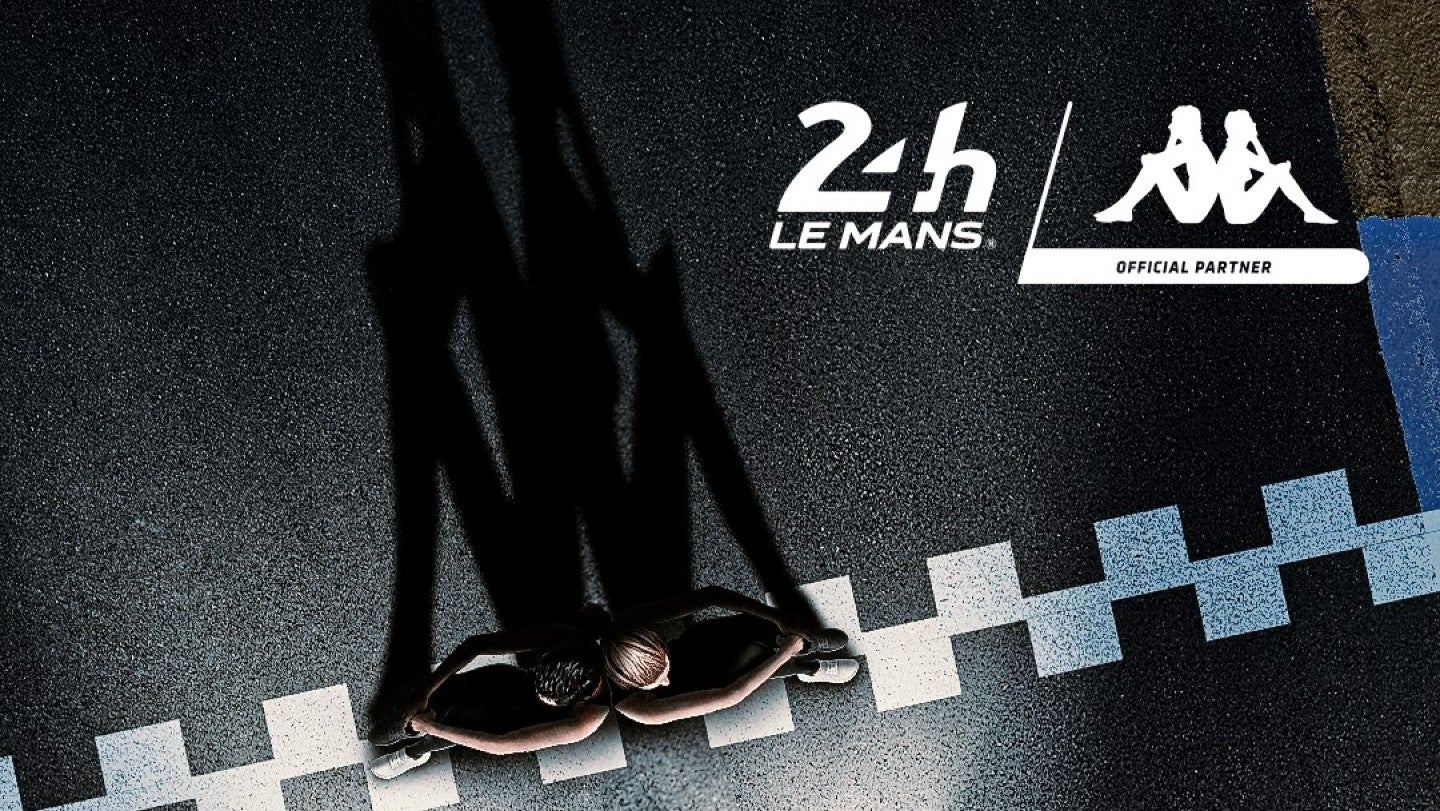There are now under 250 days to go - a little over eight months - until the start of the Paris 2024 Summer Olympics on July 26.
As preparations for the games intensify across most sectors, the broadcast rights sales department of the International Olympic Committee (IOC) is, by contrast, winding down its activities covering that event - the vast majority of IOC-mandated free-to-air (FTA) deals have now been struck, and attention has now turned to a large extent to deals for the 2026-32 rights cycle.
Jérôme Parmentier has been vice president for media rights and content partnerships at the IOC since January and is now coming to the end of his first full year managing the broadcast rights portfolio for the world’s largest sporting organization.
He has taken that role at a time offering both challenge and opportunity for the IOC.
Counting down the days to the first Olympic Games under his watch as media rights chief, he spoke to GlobalData (Sportcal) about a range of issues concerning the mix of network partners present in Paris, the current rights situation for the next commercial cycle, and the rise of digital Olympic Games consumption.
Speaking from the Sportel sports business conference in Monaco, Parmentier started by providing an update on the last few tie-ups covering Paris 2024 that are yet to be unveiled - “the platform is near completion and nearly sold out - we’ve just got two free-to-air deals in Argentina and Venezuela which should be done in next couple of weeks, and after that, we’ll be sold out.”
He adds that while “some of our gatekeepers still have a few sub-licensing deals to do, we’re sold out in terms of our objective to have free access on a worldwide basis.”
These gatekeepers include Dentsu in Southeast Asia, and the Infront agency in sub-Saharan Africa, with Parmentier reiterating that “our clients are obligated, under their agreements with us, to ensure that our FTA requirements are met … We trust they will do so.
“This is not to diminish our other deals with pay-TV and digital partners on top, as both of these types of tie-ups grow our portfolio and audience in different ways.”
But, he says, the clause under which each rights holder must ensure FTA coverage “is a clear obligation for all gatekeepers under their deals with the IOC.
“We’re the sporting event with the most universal reach in the world, so if we mistreat our visibility levels we’d be going against our own FTA principles.”
Among the most recent Paris 2024 media tie-ups unveiled are a deal with RTS in Ecuador, one with streaming channel CazeTV in Brazil, and an agreement with Sportsmax in the Caribbean.
Aside from the FTA obligations, the IOC has its own commercial imperative - to secure revenue through these agreements that fund Olympic projects all over the world.
As Parmentier puts it, “I won’t shy away from these commercial responsibilities, we’re a privately funded organization so we have to generate revenues in this way.”
Aside from the linear broadcast media rights deals described above, Parmentier is also in charge of wider content distribution deals - with social media platforms, for example, and also with streaming services around feature-style shows and programs that can act as a teaser for live coverage.
Announcements covering social media partners will be made closer to Paris 2024, and will be used, Parmentier says, to “recruit fans … they can engage quickly with the games on those platforms and then go and consume coverage via our broadcast partners.”
The streaming partners, meanwhile, have a similar role in his eyes - to excite a potential Olympics audience that might not otherwise interact with the event, and to “incentivize new fans to turn on their local rights-holding channel.”
Moving onto the rise of streamed Olympic coverage in general, and how the expected increase in digital live hours will affect the event, Parmentier initially offers the disclaimer that “while the growth of digital is a real trend and we are embracing it, the mass audiences still come to linear TV today …
"Sport is one of the last bastions for appointment-to-view and live watching.”
In terms of why the IOC has not yet partnered with one of the major tech giants currently breaking into live sports broadcasting and brought them in as an Olympic broadcast partner, Parmentier explains that “when these platforms traditionally enter the market, they usually go initially for events that recur annually, such as leagues or yearly events, to have that recurrence week in week out.
“We would then probably come as the cherry on the cake for their sports strategy.
“We consult them often, and we know them really well - their internal strategies will decide whether or not they are willing to become Olympic partners, the future will tell but our door is always open.
“When we go to market, we always have the widest consultation possible … We owe it to ourselves to consult on a broad basis.”
However, he goes on to explain the multiple benefits that an increase in digital coverage of the Olympics - Paris 2024 is likely to secure major streaming numbers worldwide - will bring.
The main plus from the IOC’s point of view, Parmentier says, is that broadcasters will finally be able to keep up with the sheer number of events that take place during the games.
As he puts it: “We produce 7,000 hours of sporting content, and the other 3,000 is additional content. Before the option of using various online pop-up channels, 7,000 hours on linear TV was impossible to schedule.
“Now we can put everything on digital that can’t go on linear, so if you’re a fan of a more niche sport that doesn’t make it to a linear channel, you can go on their digital platform and have your own, specific, preferred Olympic experience.”
He adds that some of the IOC’s broadcast partners also use their digital and online channels to provide feeds for communities within those countries - in Australia, for example, “there was a Greek-specific feed, as there is a significant Greek-heritage population in that market.”
Australia is one of the countries where the Paris 2024 games will not be in a favorable timezone - across June and July when the event will take place, east coast Australia will be 10 hours ahead of France.
However, as Parmentier says, “The timezone is just a part of the games which everyone knows about.
“As we’re fortunate enough to know our games hosts well in advance, broadcasters come with their eyes wide open.
“This is why quite a few want to go long-term - networks know if they sign a deal covering a number of Olympics, eventually the event will come round to a favorable timezone because of the rotational policy.”
The longer in advance of an Olympics that potential broadcast partners know who the host will be, as Parmentier explains, the more he can have the necessary conversations and begin to plan.
On that same basis, he also regards the IOC’s intention to award hosting rights to the 2030 and 2034 Winter Olympics at the same time (with that concept approved by the IOC session in October) as a positive one, especially for negotiations covering the latter event.
Turning to deals covering an event where the host definitely is known, Parmentier says there are still a number of regions where talks are still progressing for the Los Angeles 2028 Olympics: “For us, the regions we need to put an emphasis on are India, the Middle East and North Africa [MENA], Latin America, the Caribbean, Africa, and New Zealand.
“MENA in particular is a region where a huge amount of activity and conversations are ongoing.”
Those are the regions where the IOC has not yet secured deals covering the 2026-2032 Olympic cycle, with the clock now ticking.
Most prospective partners, the IOC’s media rights head explains, want a deal covering two Summer and two Winter editions of the games, covering six years in total.
One sport that will almost certainly make a return to the Olympics in California in five years’ time is cricket, which has not featured at the games since the 1900 edition in Paris but has now been approved as an LA28 additional sport.
On that front, and bearing in mind the aforementioned Indian gap in the IOC’s broadcast portfolio, Parmentier says that “in terms of cricket being an Olympic sport, there is no question it will have an impact on broadcast discussions with subcontinental networks.”
With the Indian broadcast rights for the 2026-32 cycle as yet unallocated, Parmentier admits: "This will have an unavoidable impact on our media rights conversations in that country … We have a financial objective which is very ambitious in terms of an Indian LA28 partner, but we are also looking for the right home for the tournament.”
The rights picture in that market in terms of the Olympics has changed regularly over recent editions of the games - Paris 2024 will be shown live by Viacom18, with Tokyo 2020 having been covered by Sony Pictures Networks.
Now, as Parmentier explains, “We’re looking for a long-term home, we want a partner to help us grow the Olympic movement in the country … This is all part of a wider IOC plan in India which also involves growing sport’s profile in general and encouraging more grassroots participation, things like that.”
He adds: "There is an IOC momentum in India generally, and now this needs to be reflected in where our media rights will find a home.”
An extra ingredient has been added to this mix by the confirmation in October that India will bid to host the 2036 Olympics.
At the 2023 IOC Session in Mumbai last month, Indian Prime Minister Narendra Modi said his country “will leave no stone unturned” in its attempts to bring the event in 13 years’ time to their shores.
The urban center of Ahmedabad is considered most likely to be nominated as the host, and in July Australian architectural design firm Populous won a contract to prepare a strategic master plan for that city’s bid.
On that front, Parmentier says that “after last month’s announcement in Mumbai, the phone has been ringing quite a bit.”
In terms of whether the next Indian rights deal could potentially last long enough to include 2036, he comments that the IOC “has never been afraid of long-term tie-ups - if the incentive is there and the market conditions are right, we can definitely go long-term in India.
“We’re going to give the discussions some time and make the best decision for all parties.”
The IOC’s media rights director finishes by laying out his thoughts on the enduring appeal of the games’ rights: "The Olympic rights remain top-tier sports broadcast rights, absolutely.
“We won’t hide from the fact the industry is changing and times are hard, but we’re fortunate to work with a product that still appeals to a very large audience.
“There is a continuity of the magic around the Olympic rings which makes the rights negotiations very strategic - they don’t buy rights as part of a content-only deal, they buy them as part of a wider strategic positioning of their organization.
“When Discovery calls itself the home of the Olympics and NBC [in the US] puts the rings in its logo, it means something - it means we can influence the direction of their organization. That is something very very important.
“When a client wants to be part of who we are, that is the strongest form of partnership we can have."


